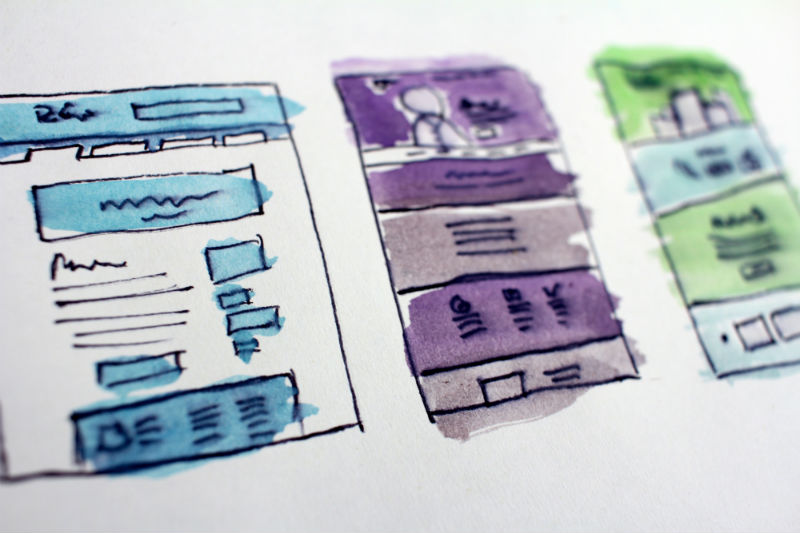
You have probably seen the terms of use on websites you go to and are wondering if you really need to create a Terms of Use page for your business website. Although you may not always be required by law to have one, a well-written Terms of Use is really smart for businesses with an online presence to have. Stated simply, the terms of use page sets the guidelines for using your website.
Along with your privacy policy (which you may be required by law to have), terms of use are intended to be a contract that established the association between the company and each user.
Terms of use can vary widely, and drafting these terms will require a deep look at your site’s functionality, the jurisdictions where your site’s visitors reside, and consideration of the information on your site.
A terms of use policy consists of conditions of use, disclaimers, and other language that affect your legal rights and the rights of your users. The terms of use will be the legal document between you and a user that is referenced should a dispute arise.
Get Help with Your Terms of Use
A website’s terms of use will usually cover:
- · Important words and phrases and what they mean;
- · The rights and responsibilities of the user;
- · What kinds of usage of the app or website is considered acceptable;
- · Intellectual Property rights;
- · Details for payments and refunds, if the app or website sells something;
- · Any warranties or disclaimers for your services or goods;
- · Clear instructions for a user to terminate their own account;
- · What circumstances would lead you to terminate a user’s account;
- · Any limitations or exclusions of liability;
- · Any indemnities;
- · How disputes are resolved (e.g. arbitration);
- · Notifications of changes to your terms of service;
- · Which country’s laws govern the agreement
Terms of Use are useful to you a business owner. In particular, clauses like acceptable use, intellectual property, and various disclaimers or indemnities are all in place to protect you from legal liability if there is a conflict or if the user acts in an unexpected way.
Get Help with Your Terms of Use
For example, an “acceptable use” section sets out how you expect your website to be used, and if a user does not comply you can terminate their account.
Again, while the particulars of your business might require that have you add additional restrictions, it’s common for Terms of Use to prohibit users from:
• leasing, selling, copying, sublicensing, transferring, or assigning any information, intellectual property, goods, or services offered on your website;
• using the site for illegal purposes;
• obtaining unauthorized access to the company’s data or user data;
• altering, modifying, adapting, reverse engineering, decompiling, disassembling, or hacking the company’s intellectual property;
• altering or modifying another website to make users think that it is associated you’re your company’s website;
• using or exporting the company’s information, products, or services in violation of U.S. export laws and regulations;
• violating anyone else’s legal rights (such as privacy rights) or any laws (such as copyright laws) in the user’s geographical location;
•using the website or the company’s services to transmit content that could be determined to be illegal, threatening, harassing, racist, abusive, libelous, pornographic, vulgar, defamatory, obscene, indecent, or otherwise inappropriate, including any messages instituting or encouraging criminal conduct;
• breaching, or attempting to breach, the website’s security systems;
• enabling third parties to violate the Terms of Use;
• failing to ensure that all end users of the site are at least 18 years of age or older (if required by law).
You might be tempted to write your own Terms of Use or copy one from another website, but again, it’s always good idea to consult with an attorney about what is recommended in your state and country. He or she will speak with you and determine the best language and content for your website's Terms of Use. Having a lawyer help you draft a terms of use can save you a ton of time and money in the long run.
 March 18, 2019
March 18, 2019

